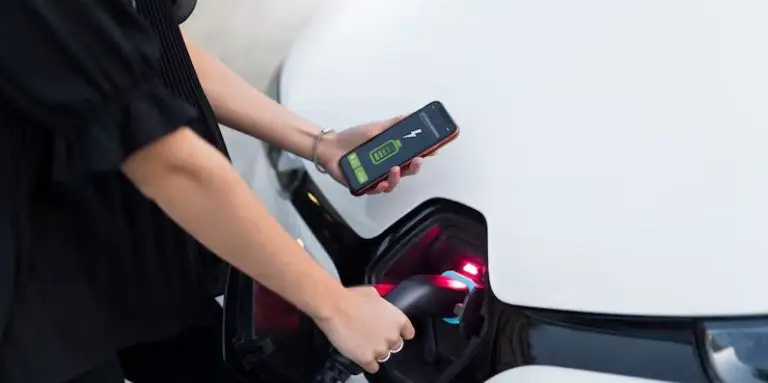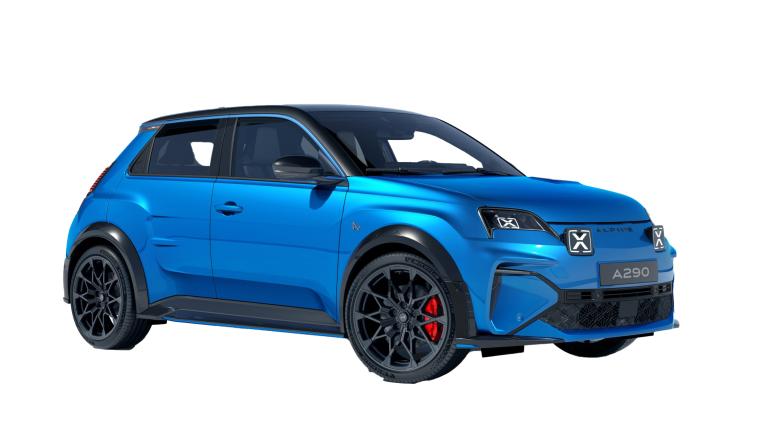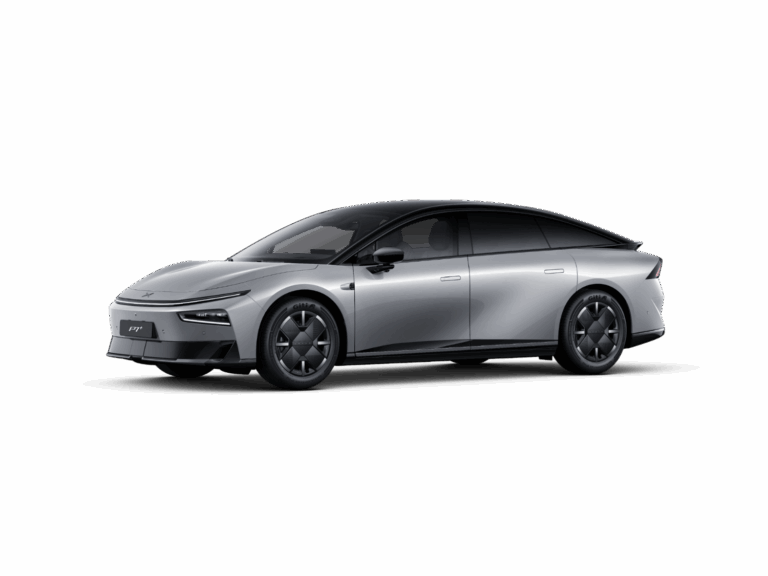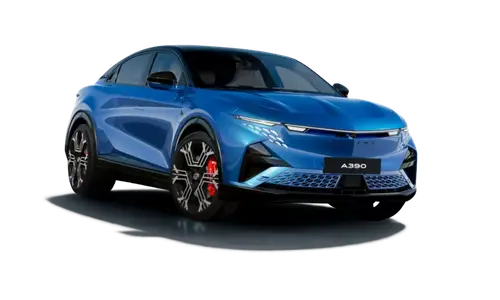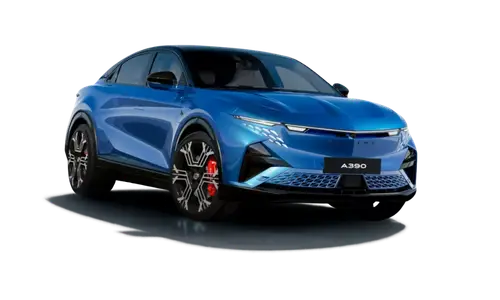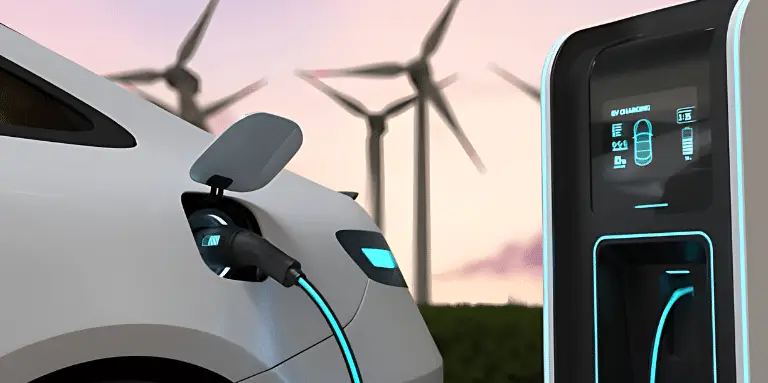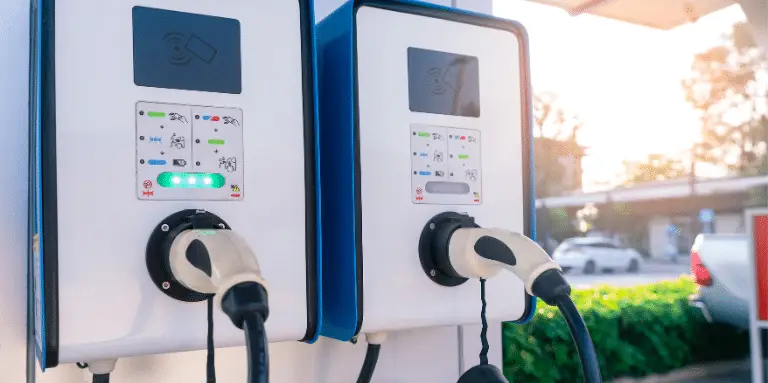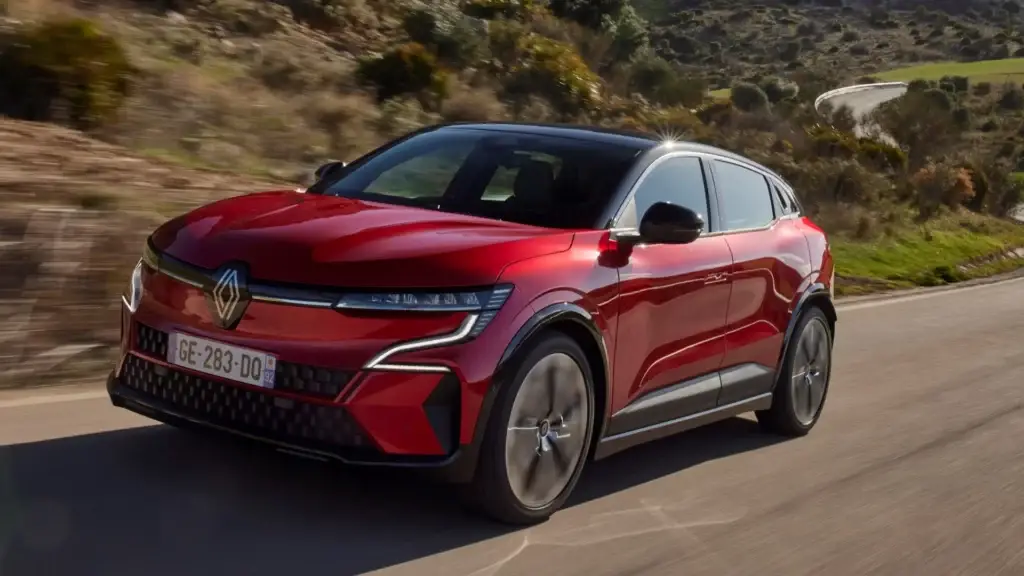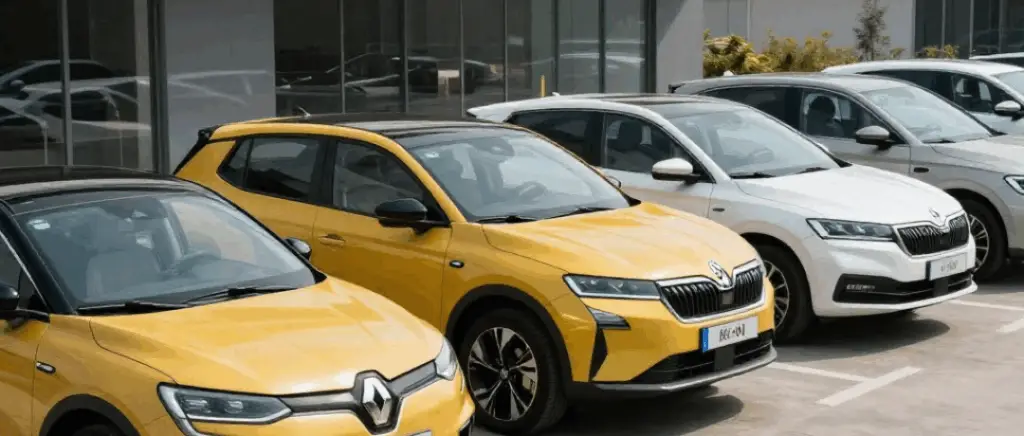Why talk about the cost of recharging in 2025?
In 2025, the cost of recharging an electric car is a key issue for motorists, as it directly influences the budget for using an electric vehicle compared with a combustion-powered car. This issue is all the more relevant given that electricity tariffs are changing regularly, with a significant drop in regulated tariffs at the start of 2025, having a favourable impact on the cost of home recharging for the majority of French households.
What's more, the democratisation of electric vehicles and the diversification of offers from energy suppliers make the subject even more topical, with every driver looking to optimise their mobility costs in a context of energy transition.
How much will it cost to charge an electric car at home in 2025?

In 2025, charging an electric car at home is still the most economical solution. The price per kilowatt-hour (kWh) depends on the electricity contract you take out, but at the regulated tariff it works out at around €0.1696 for off-peak hours and €0.2146 for peak hours for a 9 kVA rating. In practical terms, this represents a cost of €2 to €4 to cover 100 km, depending on the vehicle's consumption and the time of recharging.
For example, a full recharge for a electric city car as the Fiat 500-e (battery of 23.8 kWh) costs around €4 at off-peak times, while a compact car like the Renault Megane E-Tech (40 kWh battery) costs around €7. These prices are still significantly lower than those for public charging points, making home charging even more attractive for car owners. electric cars.
See also our article :
How much will it cost to charge an electric vehicle at public charging points in 2025?
Fast charge vs. normal charge: what price per kWh in 2025?
In 2025, the price per kWh will vary greatly depending on the type of recharge. Charging at home (normal charging) is still the cheapest option, with a regulated tariff of around €0.17/kWh for off-peak hours and €0.20/kWh for peak hours.
The average rate for public terminals is generally higher, at around €0.25 to €0.40/kWh, while the average rate for private terminals is lower. fast charging on motorways can be as much as €0.50 to €0.70/kWh, depending on the operator and the power delivered. This difference is due to the infrastructure, maintenance and service costs associated with fast terminalsand the speed with which it can be recharged.
Average rates at Ionity, TotalEnergies, Tesla Superchargers
Here is a table comparing the average tariffs of the main fast-charging operators in 2025:
| Operator | Non-subscription rate | Subscription rate |
|---|---|---|
| Ionity | 0.59 €/kWh | 0.39 €/kWh |
| TotalEnergies | 0.50 - 0.70 €/kWh | 0.40 - 0.50 €/kWh |
| Tesla Superchargers | 0.43 - 0.49 €/kWh | 0.36 - 0.40 €/kWh |
Rates vary according to location, type of terminal power and the subscription type subscribed, but fast charging remains on average two to three times more expensive than home charging.
Cost per 100 km for different types of charging points and subscriptions
The cost of driving 100 km depends on the type of charging point used and the average consumption of the vehicle (around 18 kWh/100 km). Here's an overview of average costs in 2025:
| Type of recharge | Price per kWh (€) | Cost per 100 km (€) |
|---|---|---|
| Home (off-peak hours) | 0,17 | 3,05 |
| Home (peak hours) | 0,2 | 3,86 |
| Public terminal | 0,25 - 0,40 | 4,5 - 7,2 |
| Fast charging (motorway) | 0,50 - 0,70 | 9 - 12,6 |
| Ionity (subscription) | 0,39 | 7,02 |
| Ionity (without subscription) | 0,59 | 10,62 |
Electric charging: how much does it cost, depending on the vehicle model?
Compact cars, SUVs, large saloons: what are the differences in fuel consumption?
The differences in consumption between a compact electric cara Electric SUV and a large saloon can be explained by the weight, size and aerodynamics of each category. Compact cars are the most fuel-efficient, with average fuel consumption of between 13 and 15 kWh/100 km.
SUVs, which are heavier and less aerodynamic, generally consume between 15 and 20 kWh/100 km. Large saloons, which are often more powerful and imposing, can reach 25 to 30 kWh/100 km on the motorway.
| Category | Example of a model | Average fuel consumption (kWh/100 km) | Autonomy average (km) |
|---|---|---|---|
| Urban/Compact | Dacia Spring, Peugeot e-208 | 13,9 / 14,9 | 230 / 340 |
| SUV | Peugeot e-2008, Hyundai Kona Electric | 15 - 17 | 300 - 477 |
| Large saloon | Tesla Model Y, Tesla Model 3 | 16 - 18 / 14,7 | 350 - 580 |
Examples: cost per 100 km with a Dacia Spring, a Tesla Model Y, a Peugeot e-208, etc.
- Dacia Spring (city/compact car): around 11-12 kWh/100 km, or a cost of €2.0 per 100 km at home during off-peak hours.
- Peugeot e-208 (compact): around 15 kWh/100 km, or €2.6 for 100 km home at off-peak times.
- Tesla Model Y (SUV): around 16-18 kWh/100 km, or €2.9 to €3.1 for 100 km at home during off-peak hours.
- Renault Scénic E-Tech (SUV): 16.6 kWh/100 km, costing around €2.8 per 100 km at home.
- Skoda Elroq (compact SUV): 17.1 kWh/100 km, costing around €2.9 per 100 km at home.
- Ford Explorer (family SUV): 17.0 kWh/100 km, costing around €2.9 per 100 km at home.
Summary of differences :
- Compact: 11 to 15 kWh/100 km (€2 to €2.6 per 100 km)
- SUV/large saloon: 16 to 18 kWh/100 km (€2.8 to €3.1 per 100 km)
The larger the vehicle, the higher the consumption and therefore the cost of running it, even if home recharging remains very advantageous compared with traditional fuels.
Petrol versus electricity: how much will it cost to drive 100 km in 2025?
By 2025, driving 100 km in electric car costs significantly less that petrol or diesel car. For an electric car, the average cost per 100 km at home (off-peak hours) is between €2 and €3, depending on the model and consumption.
Conversely, for a petrol car consuming 6 litres/100 km, with an average E10 price of around €1.68/l, the cost is around €10.08 per 100 km. For a diesel car consuming 5 litres/100 km, with diesel at €1.63/litre, the cost is €8.15 per 100 km.
Evolution of fuel prices vs. electricity prices
Fuel prices remain high despite a slight fall since the start of the year: E10 petrol is around €1.68 to €1.72/l, diesel around €1.63 to €1.66/l. These levels are still well above pre-2020 levels. Conversely, the regulated electricity tariff for private customers was lowered at the start of 2025, making home charging even more advantageous for electric vehicles.
Savings for 100 km, 200 km, 300 km in electric mode compared with petrol mode
| Distance | Electricity cost (home, 15 kWh/100 km at €0.17/kWh) | Cost in petrol (6 l/100 km at €1.68/l) |
Savings |
|---|---|---|---|
| 100 km | 2,55€ | 10,08€ | 7,53€ |
| 200 km | 5,10€ | 20,16€ | 15,06€ |
| 300 km | 7,65€ | 30,24€ | 22,59€ |
For diesel (5 l/100 km at €1.63/l), the cost per 100 km is €8.15, i.e. a saving of €5.60 every 100 km by driving electric.
Even if fuel prices ease slightly by 2025, there will still be a huge cost differential in favour of electric cars for every 100 km driven, with savings of over €20 over 300 km compared with petrol.
Tips for reducing the cost of recharging an electric car
Optimising home recharging (off-peak times, programming)
For reduce the cost of home rechargingAs from November 2025, it will be essential to take advantage of off-peak times. From now on, in addition to night-time (at least 5 hours between 2am and 6am), advantageous time slots will be offered during the day, particularly between 11am and 5pm, when solar production is at its peak. By scheduling your vehicle's charging during these times, you can take advantage of the lowest tariffs, sometimes referred to as "super-creuses".
Many charging points and electric cars offer the option of automatically scheduling recharging so that it starts at the most economical times. In this way, you can keep your bills down and relieve the pressure on the electricity network.
Use applications to locate the cheapest charging points
For recharging away from home, the use of specialised applications is recommended. These tools can be used to locate available charging points in real time, compare tariffs depending on the operator, and sometimes even book a charging session. This helps you to avoid the most expensive chargepoints and to favour public or private chargepoints offering competitive rates, particularly during periods of 'super-gravity' or when renewable electricity is in abundance.
See also our article :
Choosing the right vehicle to consume less fuel per 100 km
The choice of vehicle has a direct impact on consumption and therefore on the cost of recharging. Electric city cars and compact cars, such as the Dacia Spring and the Peugeot e-208, consume between 11 and 15 kWh/100 km, costing between €2 and €3 per 100 km at off-peak times at home.
SUVs and large saloons, which are heavier and more powerful, consume more fuel (16 to 20 kWh/100 km), which increases the bill. Opting for a fuel-efficient model that meets your daily needs is therefore a major way of optimising your mobility budget over the long term.
See also our article :
Conclusion: Electric charging vs. fuel: a winning choice for your wallet
In 2025, switching to an electric car makes more economic sense than ever. Charging an electric car at home costs on average between €2 and €4 to cover 100 km, which is around 3 to 5 times cheaper than a full tank of petrol or diesel, which costs between €10 and €15 for the same distance. This difference in cost, multiplied by the thousands of kilometres driven each year, represents a significant saving of up to €1,000 a year for the average driver.
As well as saving money on fuel, recharging at home, particularly at off-peak times, offers incomparable convenience and simplicity, while the installation of recharging points for businesses and private individuals is expanding rapidly, making electromobility more accessible. Even when using public charging points, where the cost is higher (between €5 and €10 per 100 km), recharging remains competitive with fossil fuels.
So whether you're a private individual planning to install a home charging point, or a business looking to equip its fleet, the electric car is an economical and sustainable solution. Going electric means not only reducing your environmental impact, but also making substantial savings over the long term.
